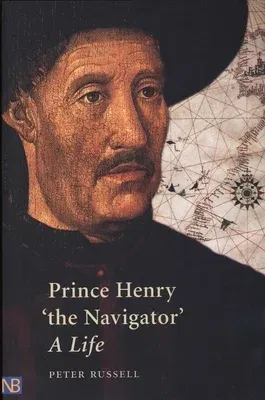Henry the Navigator, fifteenth-century Portuguese prince and explorer,
is a legendary, almost mythical figure in late medieval history.
Considered along with Columbus to be one of the progenitors of
modernity, Prince Henry challenged the scientific assumptions of his age
and was responsible for liberating Europeans from geographical
restraints that had bound them since the Roman Empire's collapse. In
this enthralling account of Henry's life--the first biography of "The
Navigator" in more than a century--Peter Russell reaps the harvest of a
lifelong study of Prince Henry. Making full use of documentary evidence
only recently available, Russell reevaluates Henry and his role in
Portuguese and European history.
Examining the full range of Prince Henry's activities, Russell discusses
the explorer's image as an imperialist and as a maritime, mathematical,
and navigational pioneer. He considers Henry's voyages of discovery in
the African Atlantic, their economic and cultural consequences, and the
difficult questions they generated regarding international law and papal
jurisdiction. Russell demonstrates the degree to which Henry was
motivated by the predictions of his astrologer--an aspect of his career
little known until now--and explains how this innovator, though firmly
rooted in medieval ways of thinking and behaving, set in motion a
current of change that altered European history.

